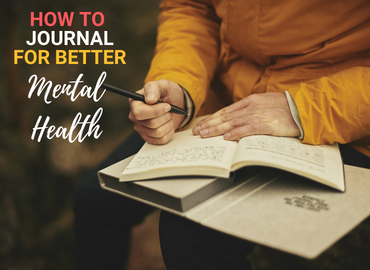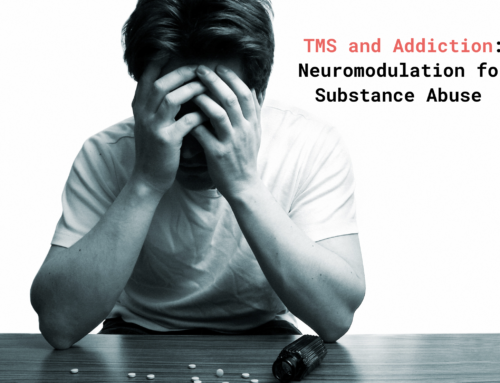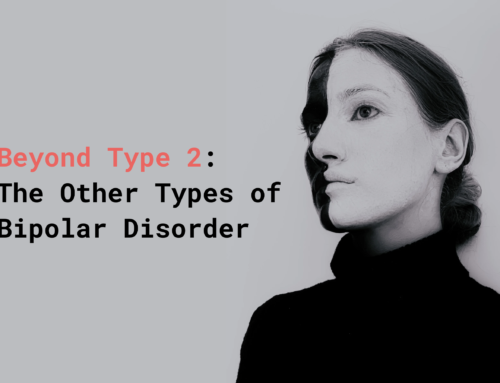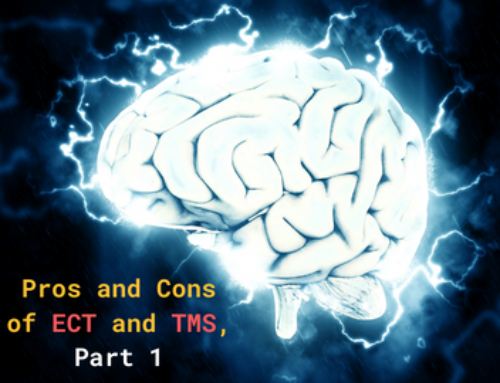How to Journal for Better Mental Health
Something we encourage our patients to do is keep a journal. The reasons we do this are many, so we thought we’d outline them in this post.
Journaling is an excellent form of stress management. It forces one’s mind to slow down and concentrate on the task at hand. Staying in the fight-or-flight state isn’t so easy when writing about your stressors.
Visions and goals become that much more real when written down. Journaling isn’t just for writing about our problems. Your journal is also a dreaming place, a planning place. Use your journaling time to talk about your goals and ambitions. Many people find it easier to act on their desires after writing about them.
Journaling is good for developing good habits and curbing negative ones. For instance, if one is prone to catastrophizing (believing in and operating on the worst-case scenario), a good exercise is to acknowledge the worst-case scenario and then deliberately consider and write down what else could happen. This will encourage a more balanced reaction to the stimuli. If the brain always gravitates toward the negative, a journal is a good place to use positive self-talk and introduce the question, “What if something good happens?”
You can track patterns — good, bad, and neutral — in your journal. You can track items like your moods, hormone flow, identify negative relationships, improve your schedule, track behaviors and responses, and note your urges. Your journal is a place where you can work up action plans and look over notes. Examine how well plans are working and how they can be adjusted.
It can be difficult to express one’s emotions and say the things you really want to say, the things that might make others feel bad to hear or that you’re not comfortable voicing to anyone but the page. Journaling is a way for one to confront and work through things in a safe space that belongs only to you.
If desired, a journal can become a tool that a patient and their therapist use in their work together, like noting the side effects of medications. Some people share some portions of their journals and keep others to themselves. A journal is also the perfect place to take notes during therapy.
One of the best ways to develop a journaling habit is to make the process of doing it easy for you. Fortunately, there are plenty of options. If you’re glued to your phone, try an app. If you’re highly visual and artistic, art journals and items like mood boards are effective. Recording videos or audio suits some people. The most common methods are writing in a computer document such as Google Docs or in a paper journal.
We reiterate, a journal is yours. Some journals are minimal, with a few lines per entry. Others become multimedia scrapbooks. If you or a loved one are in need of psychiatric help, Rochester Holistic Psychiatry offers services like talk therapy and metabolic workups to help a wide range of needs. Contact us on our website or call (585) 442-6960 anytime.





